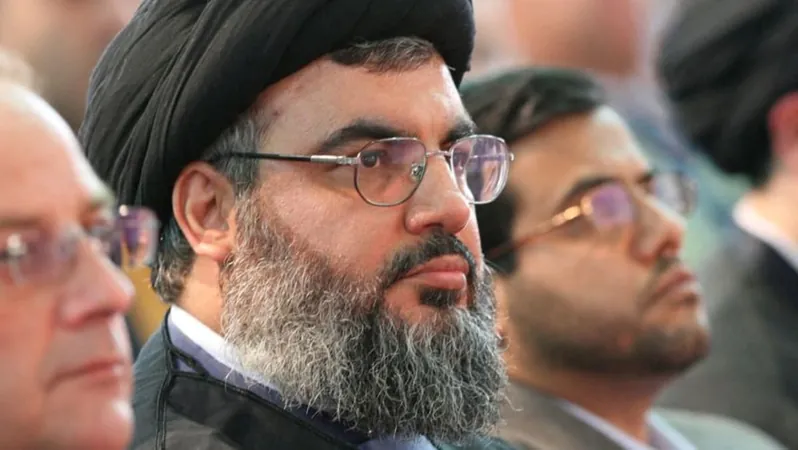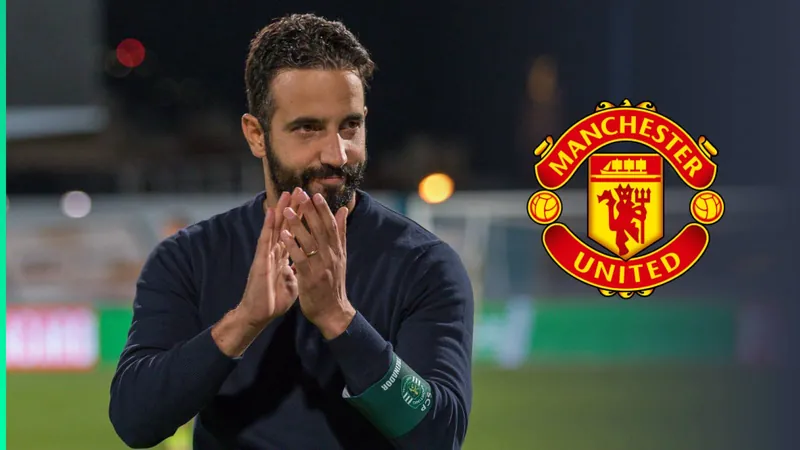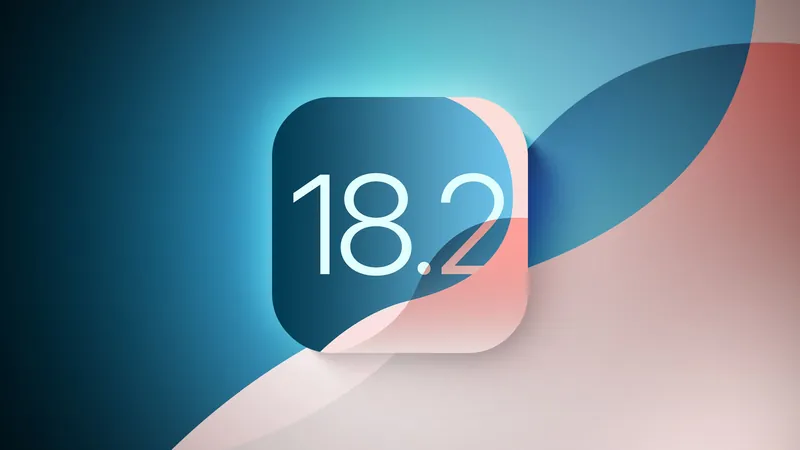
Iran Vows to Continue Hezbollah's Fight Despite Leader Nasrallah's Death in Israeli Airstrike
2024-09-28
Author: Daniel
TEHRAN: In a powerful statement on Saturday, September 28, Iran's foreign ministry affirmed that the fight led by Hezbollah chief Hassan Nasrallah will persist, even after his reported death in an Israeli airstrike in Beirut. This incident follows a year marked by escalating tensions and cross-border clashes between Israel and Hezbollah, a militant group deeply backed by Iran.
Nasser Kanani, the spokesperson for the foreign ministry, took to social media platform X, expressing mourning for Nasrallah and asserting that “the glorious path of the leader of the resistance, Hassan Nasrallah, will continue, and his sacred goal will be realized in the liberation of Quds (Jerusalem), God willing.” This statement underlines Iran’s unwavering support for Hezbollah and its regional ambitions.
Hezbollah confirmed Nasrallah's death, stating he was killed along with several other members of the group in what they termed a “treacherous Zionist strike” that targeted the southern suburbs of Beirut. This area has been a stronghold for the group, embroiled in recent violence that has seen the worst clashes since the 2006 war between Hezbollah and Israel.
Adding to this sentiment, Iranian Vice President Mohammad Javad Zarif offered his condolences, lauding Nasrallah as a "symbol of the fight against oppression" and further galvanizing Hezbollah supporters in the region. As a gesture of mourning, a black flag was raised at the Imam Reza shrine in Mashhad, Iran, where countless mourners gathered, waving Hezbollah banners and Iranian flags, chanting “Death to Israel,” reinforcing the anti-Israel sentiment widespread among the group's supporters.
The toll from the recent conflict has been significant; Lebanon's health ministry reported at least six people dead and 91 wounded following the bombing, marking some of the heaviest violence in years directed at Hezbollah's heartland.
In response to the situation, Iran's Supreme Leader, Ayatollah Ali Khamenei, condemned the Israeli actions, labeling them a “massacre” and criticizing Israeli policies as “shortsighted”. The escalation of violence and the resultant fatalities have prompted renewed fears of broader conflict in an already volatile region.
As global powers watch closely, the situation remains tense. Will Hezbollah emerge stronger from this adversity, or will this event trigger a more extensive military response from Israel? The geopolitical implications are vast, and many are questioning how the death of such a pivotal figure will reshape the dynamics of power in the Middle East.




 Brasil (PT)
Brasil (PT)
 Canada (EN)
Canada (EN)
 Chile (ES)
Chile (ES)
 España (ES)
España (ES)
 France (FR)
France (FR)
 Hong Kong (EN)
Hong Kong (EN)
 Italia (IT)
Italia (IT)
 日本 (JA)
日本 (JA)
 Magyarország (HU)
Magyarország (HU)
 Norge (NO)
Norge (NO)
 Polska (PL)
Polska (PL)
 Schweiz (DE)
Schweiz (DE)
 Singapore (EN)
Singapore (EN)
 Sverige (SV)
Sverige (SV)
 Suomi (FI)
Suomi (FI)
 Türkiye (TR)
Türkiye (TR)